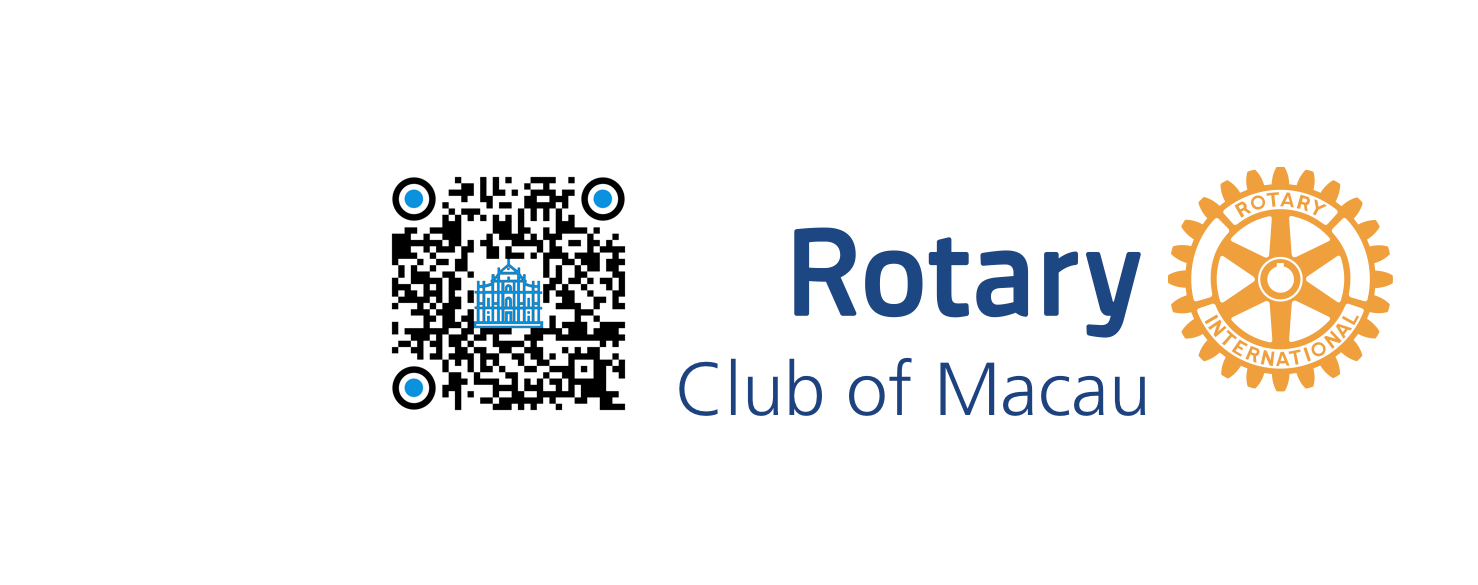Introduction to the District Magical Service Trip
The District Magical Service Trip to Dong Nai Province, Vietnam, embarked on a mission to provide support to schools in the area. Organized collaboratively with Vietnamese Rotary Clubs and our District 3450, this initiative sought to offer tangible help and foster goodwill and international understanding among participants. The concept of a service trip revolves around connecting volunteers with communities, allowing them to address specific challenges faced locally while also promoting cultural exchange.
Several preparatory meetings preceded the journey, where involved parties outlined the primary objectives and anticipated outcomes of the trip. Fundraising efforts, coordinated by the Rotary Clubs, were critical in ensuring adequate resources were allocated for materials and activities. These financial contributions enabled volunteers to provide support in areas such as education, health, and infrastructure, thereby enhancing the quality of life for many beneficiaries.
Engaging in charitable activities abroad carries significant implications for both the volunteers and the communities they serve. For participants, the experience of immersing oneself in a new cultural environment fosters personal growth and a deeper appreciation for diversity.
Overall, the District Magical Service Trip epitomizes the spirit of service and solidarity. By working together with Rotary Clubs and community leaders in Dong Nai Province, the initiative aimed to create a  lasting impact while encouraging volunteers to immerse themselves in meaningful and transformative experiences that resonate beyond their time spent in Vietnam.
lasting impact while encouraging volunteers to immerse themselves in meaningful and transformative experiences that resonate beyond their time spent in Vietnam.
Donation Highlights: Water Purification Machines and Books
During our service trip to Dong Nai Province, Vietnam, we were able to help with both health and education in the local community. Specifically, we donated seven water purification machines and 480 books to three primary and secondary schools. These donations reflect our commitment to providing essential resources to underprivileged areas and enhancing the quality of life for the students. Access to clean water is a fundamental human right yet remains a challenge in many regions, including Dong Nai. By installing these machines, we aim to ensure that the students and community members have reliable access to safe drinking water. This will undoubtedly reduce health issues associated with contaminated water sources, improving the overall well-being of children who rely on these facilities for their daily needs. Now the children no longer have to bring their own drinking water from home. An abundance of clean water a school was a wonderful gift for them.
Access to clean water is a fundamental human right yet remains a challenge in many regions, including Dong Nai. By installing these machines, we aim to ensure that the students and community members have reliable access to safe drinking water. This will undoubtedly reduce health issues associated with contaminated water sources, improving the overall well-being of children who rely on these facilities for their daily needs. Now the children no longer have to bring their own drinking water from home. An abundance of clean water a school was a wonderful gift for them.
In addition to addressing their health concerns, our donation of 480 books targets educational improvement. Access to educational resources, such as books, enhances learning opportunities and fosters a love for reading among students. By providing a range of texts that cover various subjects, we are equipping students with the tools they need to broaden their knowledge and develop critical thinking skills. This vital resource will not only enhance their academic performance but will also contribute to their personal growth and development.
The financial support for these initiatives was generously provided by the Rotary Clubs of Macau and Peninsula, whose commitment to humanitarian causes enabled us to implement these impactful donations. Their partnership underscores the importance of collaborative efforts in addressing social challenges and highlights the significant role that organizations can play in effecting positive change in communities.
The Impact on Literacy and Education
The journey to Dong Nai Province, Vietnam, marked a significant chapter for our organization as we aimed to bolster literacy and education opportunities for the underprivileged youth in the region. Recognizing the crucial role that education plays in uplifting communities, Rotary has been a steadfast advocate for enhancing literacy. Our efforts during this service trip were directed at ensuring that children have access to the resources they need to thrive academically.
Through the generous donations made by our members, we were able to provide essential items such as books, school supplies, and even technology that would aid in learning. The excitement was palpable as we distributed these resources during the donation ceremony; the smiles on the children’s faces illustrated the profound impact these materials would have on their educational journey. Personal anecdotes from students shared during school visits revealed stories of determination and hope. One young girl expressed her aspiration to become a teacher so that she could empower other children in her community, demonstrating the ripple effect that education can create.
Moreover, the initiatives undertaken during this trip not only focused on immediate needs but also aimed at establishing sustainable educational practices. Workshops for teachers were part of our agenda, emphasizing effective teaching methods that could cater to the diverse learning needs of students. By investing in both students and educators, we are fostering an environment conducive to learning and literacy development.
This commitment to improving literacy and education aligns with Rotary’s mission and further amplifies our collective efforts toward community empowerment in Dong Nai Province. As funds and resources continue to flow into these essential programs, the vision of a brighter future for children in this region appears more achievable than ever. Education is indeed the key that unlocks a world of possibilities.
Challenges Faced and the Path Forward
A service trip to Dong Nai Province, Vietnam, presented various challenges that were navigated throughout the planning and execution phases. One significant hurdle involved obtaining the necessary approvals from local governmental authorities. The bureaucratic landscape in Vietnam can be intricate, with multiple layers of regulations that must be adhered to for international service projects. Securing approvals required persistent communication and adhering to local protocols, emphasizing the importance of building trust and understanding with local officials. This process highlighted the critical nature of establishing strong partnerships at the outset, ensuring that all parties involved remain informed and supportive of the goals of the project.
Moreover, logistical challenges, including coordination of resources and volunteers, had to be addressed. Arranging transportation, accommodation, and materials necessitated meticulous planning and collaboration among the participating Rotary Clubs. These aspects underscored the necessity of flexibility and adaptability, which are vital traits when working in an international context. Volunteers were also faced with cultural differences that required sensitivity and openness to different ways of working and communicating. This cultural exchange, while challenging, enriched the experience and offered invaluable learning opportunities for everyone involved.
Looking toward the future, the lessons learned from this venture serve as a foundation for upcoming initiatives. The success and setbacks of this trip paved the way for more substantial and meaningful collaborations between Rotary Clubs and communities abroad. By addressing the bureaucratic challenges head-on and fostering relationships with local leaders, future projects can be more effectively executed. Ultimately, this journey has illustrated the potential for ongoing support and development in Dong Nai Province, fostering enduring connections that extend beyond a single event and contribute to sustainable community development efforts.








